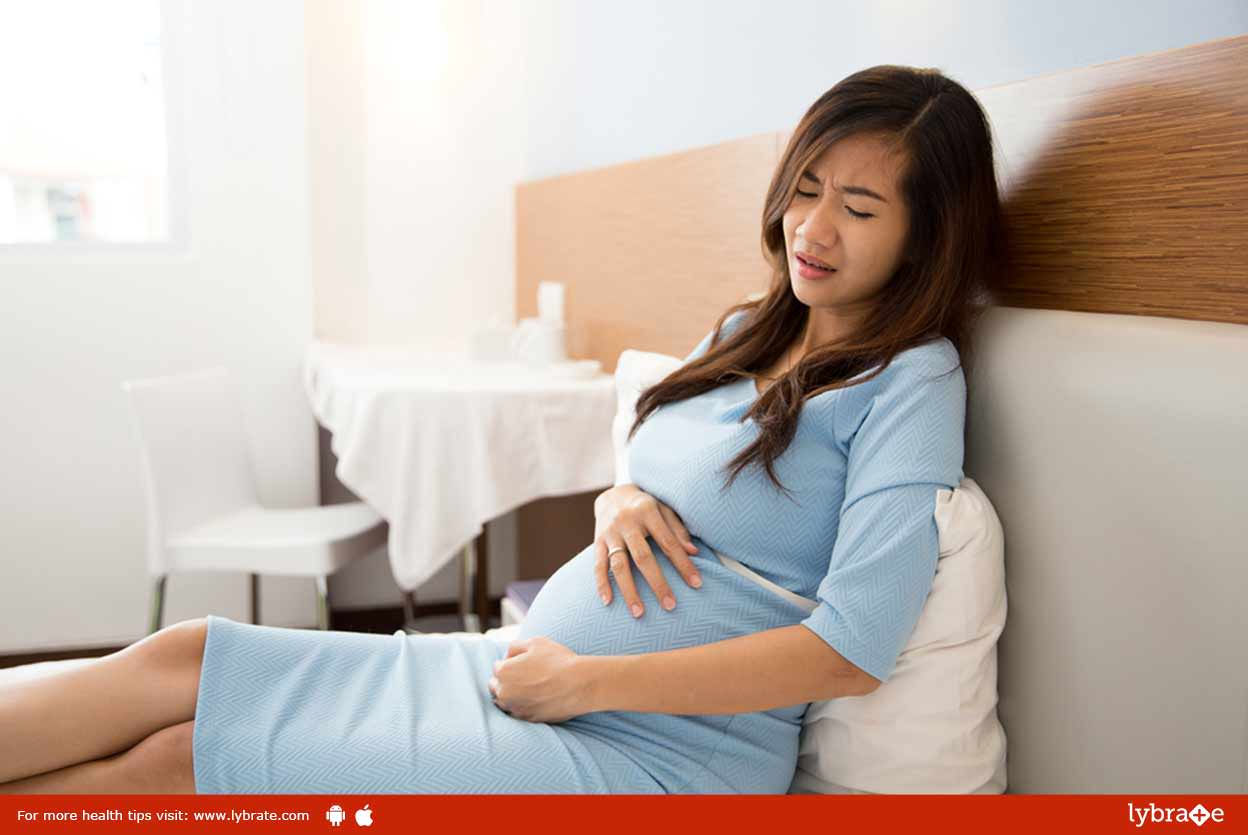By Livwell Clinic , Urology
Before your little bundle of joy arrives, you are responsible for helping him or her grow in a nurturing, healthy environment. This list of do’s and don’ts can shed some light on what you should worry about, and what you really shouldn’t fret over.
Here are a few do’s and don’ts related to food and nutrition that one should consider while pregnant:
Do’s:
- Do Get Lots of Sleep: Changing hormone levels, anticipation, and anxiety can make sleep elusive during your nine months of pregnancy. Pregnancy is demanding, especially in the final trimester, and you will need your sleep. Take a quick snooze if you feel tired and schedule naps whenever you can. Set bedtimes and stick to them. Aim for seven to nine hours of shuteye each night. Fatigue is a sign that your body needs more rest, so give yourself all the Zzz’s you can.
- Eat More of Seafood: Seafood, especially certain fatty fish, are highly rich in vitamins and minerals such as zinc, Omega 3 fatty acids and iron. But, ensure that it is properly cooked, as raw seafood or any meat for that matter can be unhealthy for both the mother and the child. Seafood with high mercury content should also be avoided. Pregnant women are generally recommended to eat about 12 ounces of fish in a week.
- Do Take Multivitamins as Prescribed: Eating a balanced diet that is rich in vitamins and minerals is the best way to provide your body with all of the healthy nutrients it needs to support a growing baby. A healthy diet alone, however, may not be enough for pregnancy. Prenatal vitamins contain higher levels of certain nutrients that expectant mothers require at higher doses, such as folic acid, calcium, and iron. These vitamins assist with proper development of the fetus and help to prevent birth defects. Your doctor can help you find a multivitamin or a series of vitamins that are best for you. It will usually include DHA and/or EPA, which are omega-3 fats that are important for your baby’s proper brain development.
- Eat Nutrient-rich Foods: Yoghurt, chicken, nuts, eggs and beef are some food items that are extremely rich in nutrients such as iron, calcium and protein. These nutrients are essential for proper development so that there are no birth defects in the baby. Fruits and vegetables such as oranges, banana, spinach, apples etc. should also be consumed in plenty.
- Do Work Out: Gone are the days of pregnant women avoiding lifting a finger during their pregnancies. We now know that exercise is good for mama and baby! In fact, regular exercise may help you combat many of the issues that arise during pregnancy, including insomnia, muscle pain, excessive weight gain, and mood problems. If you did not exercise regularly before you found out you were expecting, ask your doctor about incorporating a fitness routine into your day. They can guide you into a program that is safe and comfortable for you and your growing baby.
Don’ts:
- Avoid Raw Meat: Stop consuming raw foods such as sushi and meats on the whole. This is because raw meat contains certain bacteria and diseases which can be fatal for the child, resulting in birth defects and in some cases, even miscarriage.
- Don’t Eat Unpasteurized Milk Products: Calcium is very important for growing babies, but moms have to be careful how they get their calcium from dairy. Raw milk is not recommended for expecting mothers. Raw milk is unpasteurized. That means it has not been heated to kill bacteria that could make you ill. Specifically, raw milk may contain Listeria. This bacterial illness can lead to illness, miscarriage, or even life-threatening consequences.
- Avoid Deli Meat: It is always safe to stop the consumption of hot dogs or sausages during the course of pregnancy. This is because deli meat can result in the onset of food borne health conditions such as listeriosis.
- Avoid Caffeine: Opt for decaffeinated beverages, or might as well stop its consumption entirely for the next nine months. Caffeine is known to increase the heart rate of the foetus, which can lead to severe complications.
- Don’t Drink Alcohol: Alcohol may greatly impact your baby’s development. Women who drink alcohol while pregnant could deliver a baby with Fetal Alcohol Syndrome (FAS). Symptoms of FAS include low birth weight, learning disabilities, behavior problems, and lagging patterns in terms of growth and development milestones. If you need help to quit drinking while you’re pregnant, talk with your doctor as soon as possible. The sooner you get help, the healthier your baby is likely to be.
Apart from the above do’s and don’ts, take care of your overall health and well-being. It is healthy to put on some weight during the months of pregnancy, but ensure that you gain weight smartly. Ensure that you are not too stressed and take as much rest as possible so that you child can properly grow inside.








































